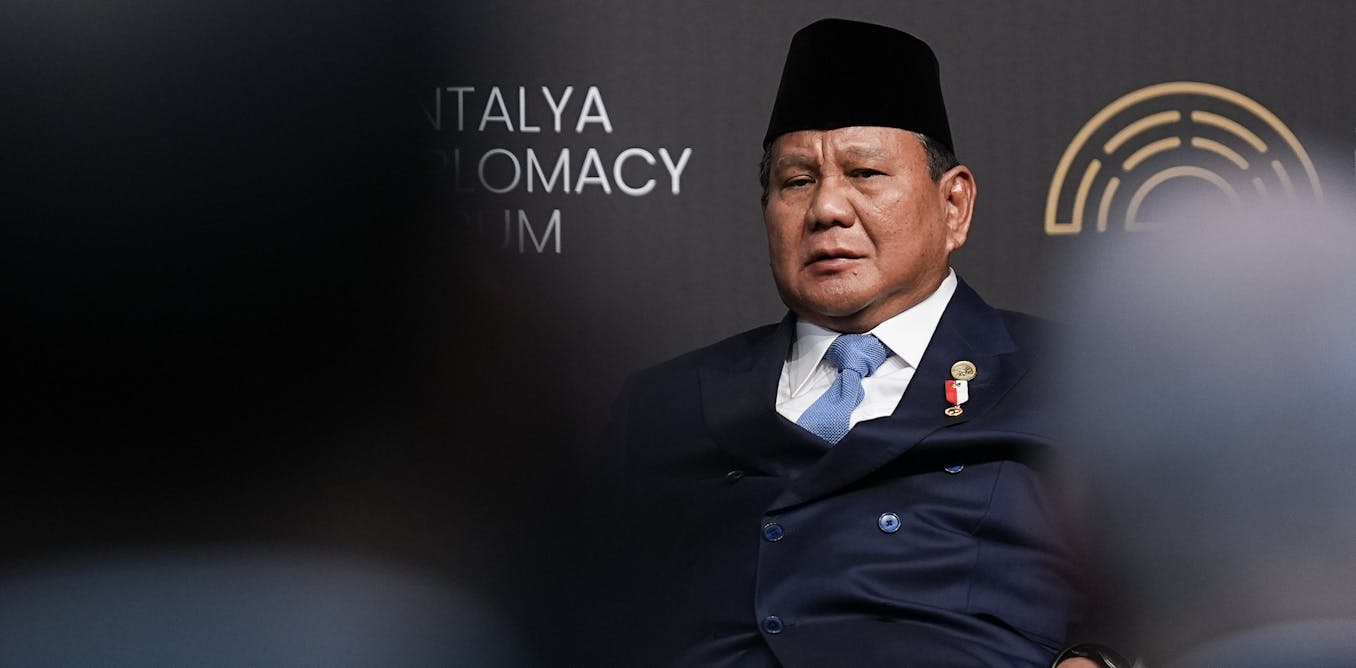by NEIL PRICe

The Norse ravaged much of Europe for centuries. They were also cosmopolitan explorers who followed trade winds into the Far East
In the middle of the 9th century, in an office somewhere in the Jib?l region of what is now western Iran, a man is dictating to a scribe. It is the 840s of the Common Era, though the people in this eastern province of the great Caliphate of the ’Abb?sids – an Islamic superpower with its capital in Baghdad – live by the Hijri calendar. The man’s name is Abu ’l-Q?sim ?Ubayd All?h b ?Abd All?h Ibn Khurrad?dhbih, and he is the director of posts and police for this region.
In his office, he is compiling a report as part of his duties. As his job title implies, he oversees communications and security in the Jib?l region, reporting to officials in Baghdad. What he provides is an intelligence service: in essence, Ibn Khurrad?dhbih is what we would call a station chief, like those CIA officials who manage clandestine operations abroad. The report he’s working on is part of a much larger document that will one day be known as Kit?b al-Mas?lik wa l-mam?lik (the ‘Book of Itineraries and Kingdoms’), a summary of exactly the kind of thing that governments usually want to know: who was visiting their territory, where they came from, where they were going, and why. This is what he says about a group of people known as the Rus’:
The R?s … journey from the farthest reaches of the land of the Slavs to the eastern Mediterranean and there sell beaver and black fox pelts, as well as swords. The Byzantine ruler levies a 10 per cent duty on their merchandise. On their return they go by sea to Samkarsh [Taman], the city of the Jews, and from there make their way back to Slavic territory. They also follow another route, descending the river Tanais [the Volga], the river of the Saq?liba, and passing by Khaml?kh, the capital of the Khazars, where the ruler of the country levies a 10 per cent duty. There they embark upon the Caspian Sea, heading for a point they know … Sometimes they transport their merchandise on camel back from the city of Jurj?n to Baghdad.
They also follow a land route. Merchants departing from Spain or France sail to southern al-Akçâ [Morocco] and then to Tanja [Tangier], from where they set off for Ifriqiyya [the North African coast] and then the Egyptian capital. From there they head towards Ramla, visit Damascus, Kufa, Baghdad and Basra, then cross the Ahwaz (north of the Persian Gulf)
, Fâris [Iran], Kirman, Sindh [southeast Pakistan], India, and finally arrive in al-??n [Turko-China]. Sometimes they take a route north of Rome, heading for Khaml?kh via the lands of the Saq?liba. Khaml?kh is the Khazar capital. They sail the Caspian Sea, make their way to Balkh, from there to Transoxiana, then to the yurts of the Toghuzghuz [the Uyghurs?], and from there to al-??n.
For many decades, the second paragraph of this rather dense text was thought to refer to a totally different group of merchants from those described in the first, for the simple reason that scholars just didn’t believe that the R?s (or the Rus’, as the word is usually spelled today) really went so far east. And yet, the text is clear. The two sections run on from each other, and both refer to the same people. So why do Ibn Khurrad?dhbih’s observations about them matter today?
Aeon for more





